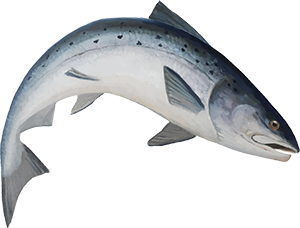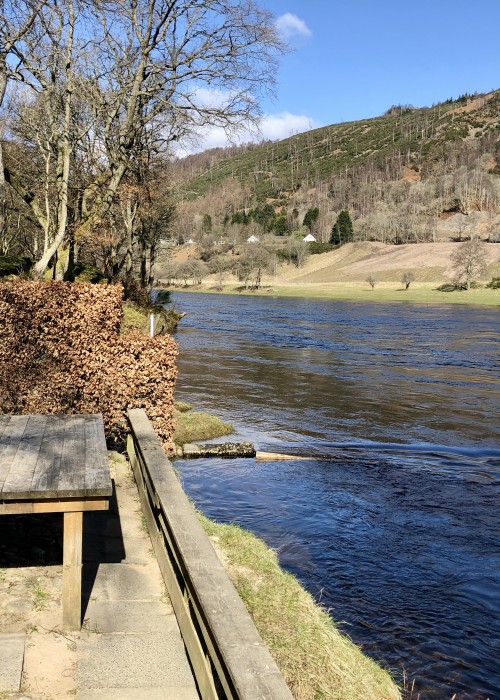
Gyrodactylus Salaris has been shown to survive away from a live fish host for five-seven days at ambient river temperatures and for 78 hours and 42 hours at salinities of 10 ppt (parts per thousand) and 20 ppt, respectively.
Risk is associated with movement of materials (animate and inanimate) that can carry low salinity water, which have recently been in contact with infected fish, and which have been kept in cool conditions sufficient to permit the temporary survival of the parasite away from live fish.
Equipment or product that has been kept cool and damp and is transferred rapidly (within one week) may present high levels of risk.
This notorious parasite has destroyed the Salmon stocks of over 20 rivers in NORWAY. It was introduced to the Atlantic coast of Norway on Baltic Sea salmon taken to fish farms there. Baltic Salmon are immune to it, Atlantic Salmon are not – and tests have shown that Scottish Atlantic Salmon are destroyed by it just as easily as Norwegian.
It is also indigenous to, or has been spread to RUSSIA, FINLAND, SWEDEN, GERMANY, FRANCE, SPAIN and PORTUGAL, largely through fish-farm movements of Rainbow Trout.
It is a minute, external parasite, less than half a millimetre long and can live off fish, in the gravel, for a considerable time, making it (as yet) impossible to eradicate from any river.
Desperate methods being used in Norway involve poisoning all the fish in a river and leaving it fallow for several months at least to try and break the cycle. No successes have yet been reported.
If this parasite gets into any river it means the absolute end of the salmon in it.
Gyrodactylus salaris is an extremely dangerous parasite and we are taking the most careful steps to make sure it does not enter any Scottish fishery. As such Local Salmon Fishery Boards are adopting rigorous biosecurity procedures, which we are sure you will support.
As part of these biosecurity measures we require every person fishing to sign one of the declarations below and present it BEFORE YOU START FISHING to the Head Ghillie.
